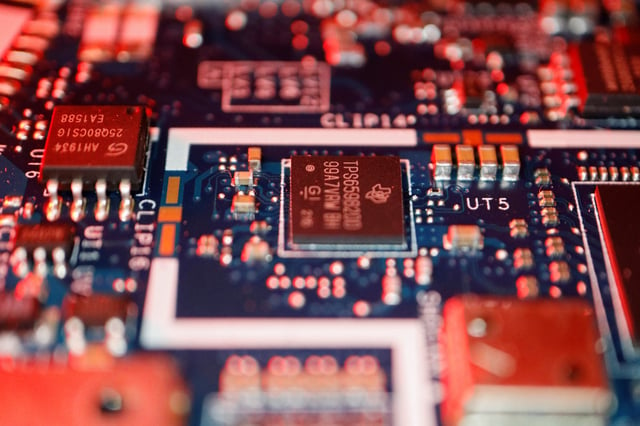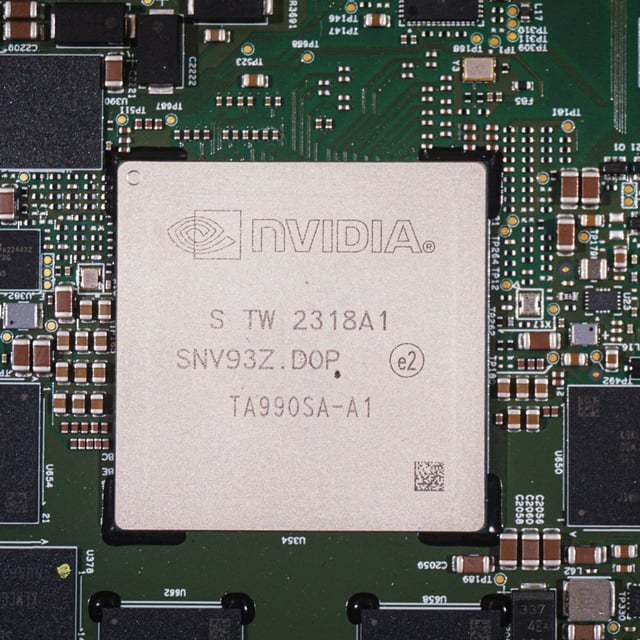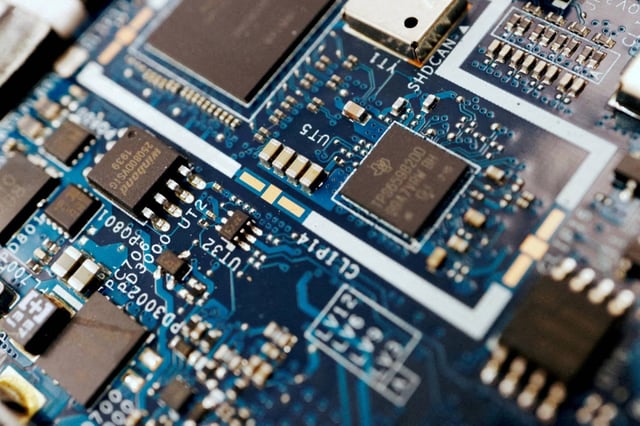Overview
- The Trump administration plans to replace the Biden-era tiered export framework for AI chips with a global licensing regime tied to government-to-government agreements.
- Proposed changes include lowering the licensing exemption threshold from 1,700 to 500 Nvidia H100-equivalent chips, potentially complicating access for many countries.
- High tariffs on Chinese goods, including a 145% tariff, remain in place, raising concerns among AI firms about supply chain disruptions and rising costs.
- China has accelerated its push for tech self-reliance, investing in domestic chip production, renewable energy, and open-source AI models since the initial U.S. restrictions in 2018.
- Stakeholders like Anthropic support export controls but suggest refinements, while industry leaders warn that tighter restrictions could stifle innovation and global competitiveness.


